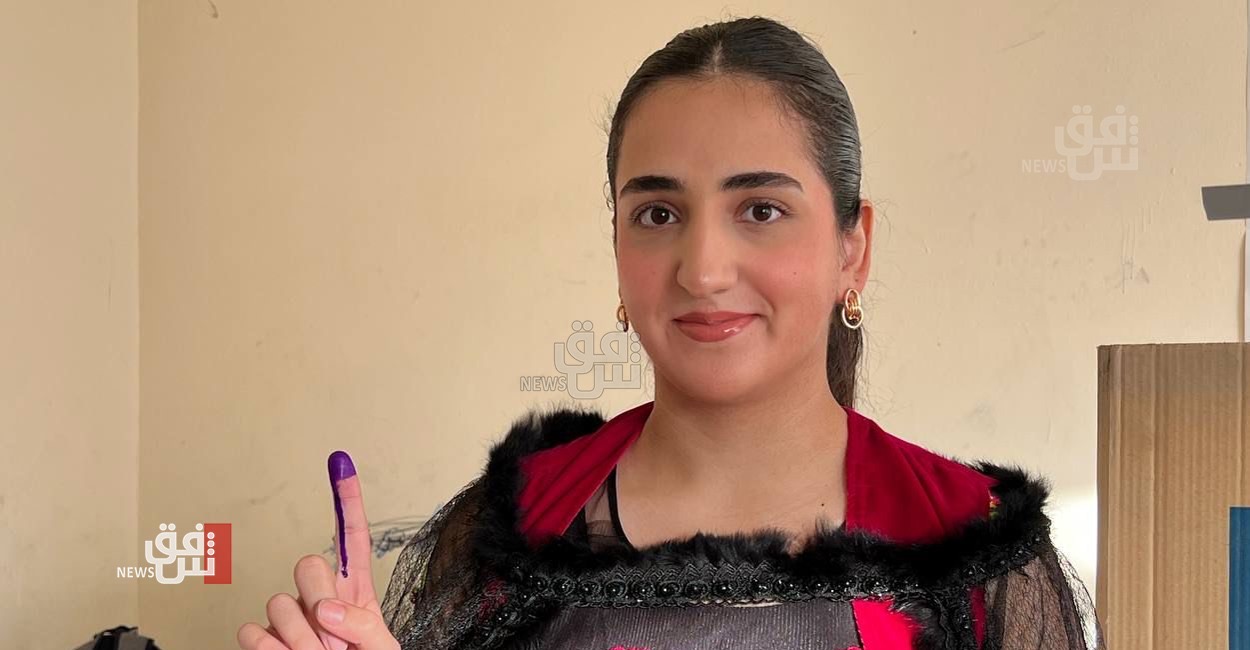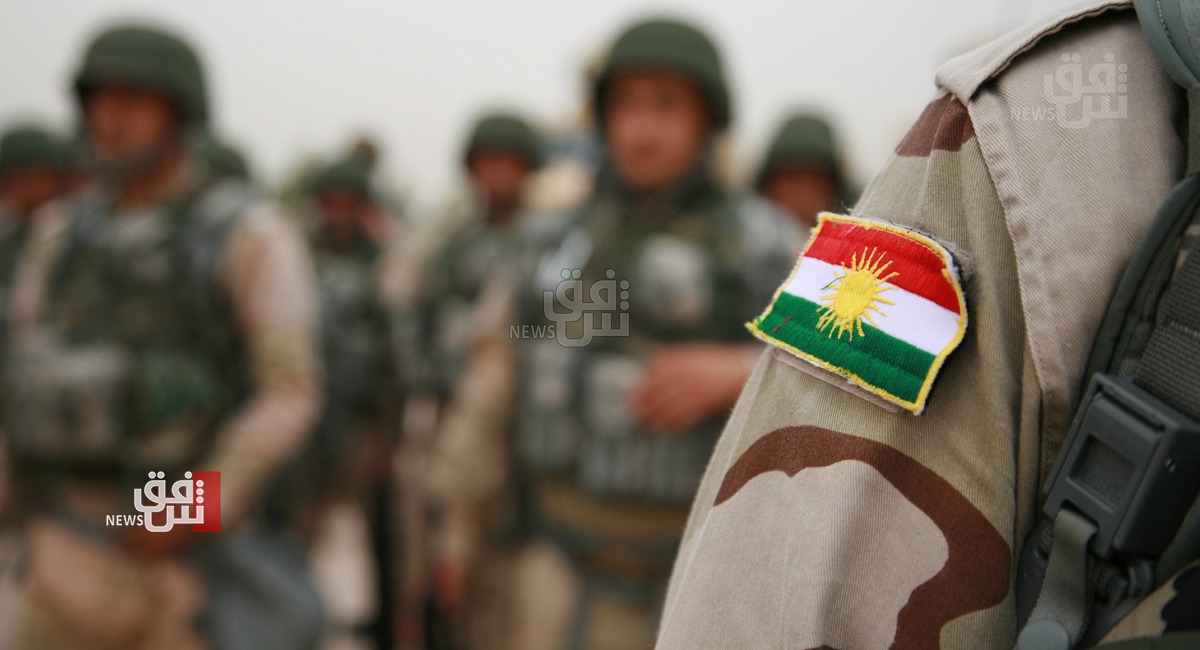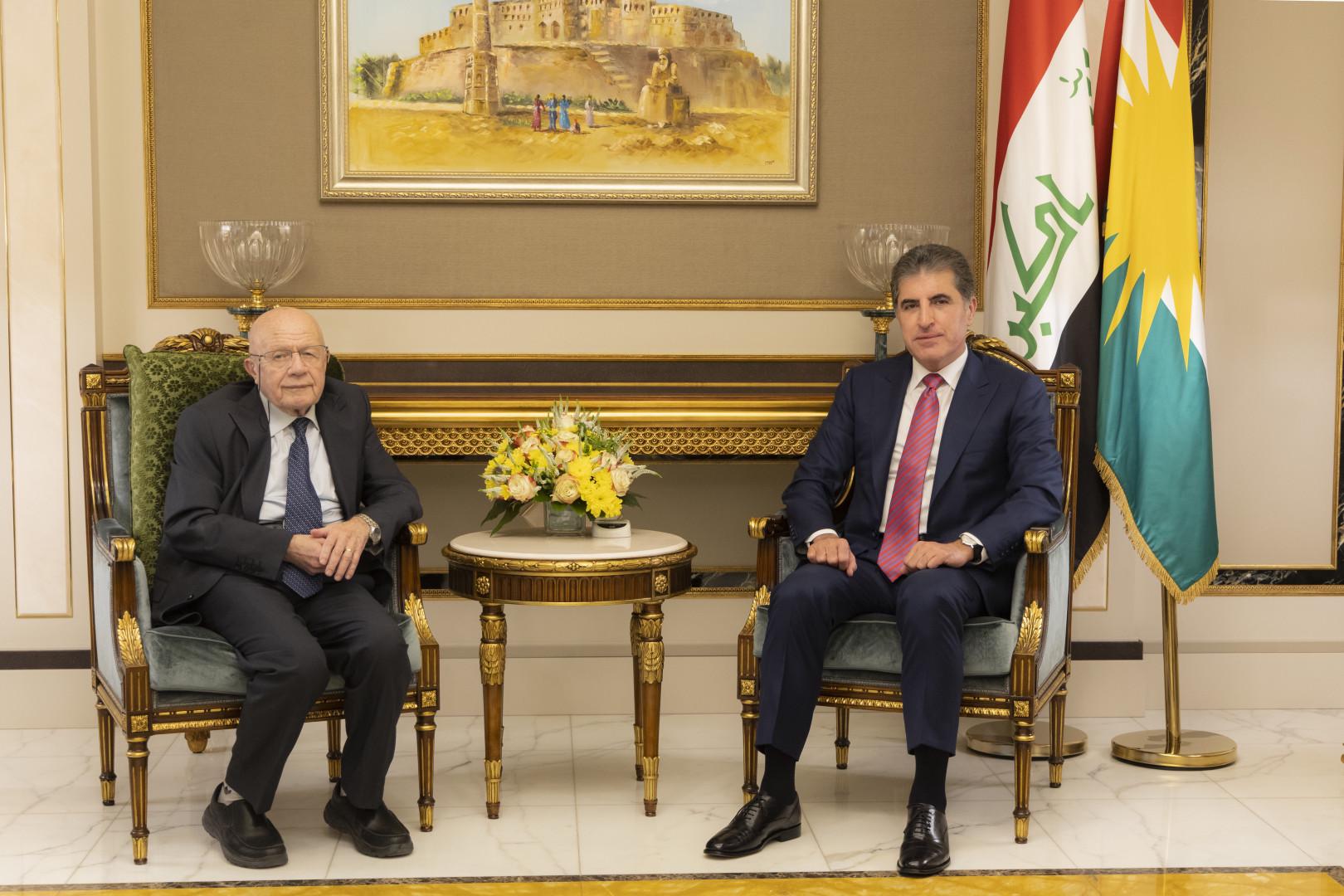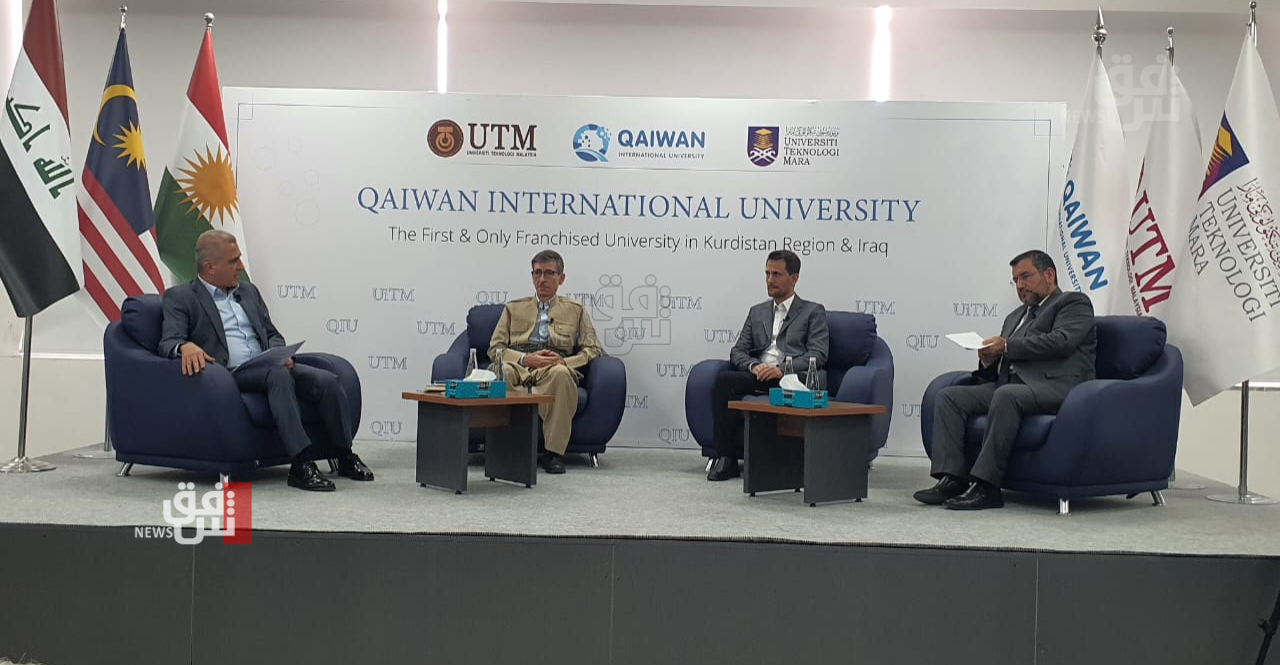Kurdish perspective on US elections: Implications for autonomy and governance

Shafaq News/ Iraq’s Kurdishpopulation may gain more from a consistent US foreign policy under VicePresident Kamala Harris than the unpredictability associated with a potentialsecond term for former President Donald J. Trump, according to a report fromThe Arab Gulf States Institute in Washington.
On October 20, approximately 3million Kurds are set to head to the polls to elect their representatives inthe sixth legislative elections in the Iraqi Kurdistan Region (KRI). The stakesare high in these elections, as the outcomes may reshape the governance map ofthe Region and influence political dynamics within both the KRI and Iraq.
Growing Concerns Over USPresidential Election
Despite the importance of the localelections, many Kurdish officials and citizens are increasingly focused on theupcoming US presidential election in November. They are questioning whichcandidate would be better for the Kurdish people—Democratic candidate VicePresident Kamala Harris or her Republican opponent, former President Donald J.Trump. The report stated that the winner could have substantial implicationsfor the future of Iraq’s Kurdish population and their hard-won autonomy inIraqi Kurdistan, particularly in light of the planned withdrawal of US militaryforces from Iraq by 2026.
At the request of the KurdistanRegional Government, the Iraqi government has agreed to allow a residual USforce to remain at Hareer base in Erbil beyond 2026 to counter terrorism andsupport the US mission in Syria. However, there are concerns that if Trump winsthe election, he would abruptly withdraw troops and be less inclined tomaintain a US logistical support base in the Kurdistan Region. This potentialscenario would be consequential for Kurds, who have historically depended on USsupport to navigate the challenging geopolitical landscape of the Middle East,where central authorities have often sought to undermine their autonomy andsuppress their national aspirations.
Complex Dynamics of US-KurdishRelations
For Iraq’s Kurds, US foreign policyin the Middle East has brought both gains and setbacks. The report said thatthe fickle nature of US foreign policy has frequently placed Kurds inprecarious positions, with their interests sometimes sacrificed for broaderstrategic goals.
The complexity in US-Kurdishrelations has been particularly evident under Republican administrations.Significant geopolitical shifts for the Kurds have often occurred during thesepresidencies, including the 1970 Kurdish autonomy agreement, the 1991 uprisingthat led to Kurdish self-governance, and the 2003 military intervention thatresulted in the ousting of Saddam Hussein. However, the report noted that theseadministrations have also overseen significant setbacks, including the collapseof the Kurdish revolution in 1975 and the crushing of the 1991 uprising despiteits initial success.
A pivotal moment in US-Kurdishrelations occurred in October 2017, when Iraqi security forces, supported bypro-Iranian Shia groups armed with US weaponry, launched a fierce offensiveagainst Kurdish positions following the Kurdish independence referendum. Basedon the report, the US State Department, reflecting Trump administration policy,described the military actions as an essential “reassertion of federalauthority” within Iraq. The assault forced Kurdish forces to surrender nearly40% of their previously controlled territories, critically weakening theirpolitical, economic, and diplomatic standing.
Divergent Views Among KurdishParties
The report said that Kurdishofficials' preferences regarding a potential Trump or Harris presidency vary,often reflecting the broader geopolitical landscape and the strategic alliancesof neighboring countries. The Kurdistan Democratic Party (KDP) and thePatriotic Union of Kurdistan (PUK) hold distinct views that highlight theirstrategic visions for advancing the Kurdish cause.
The KDP, which controls theKurdistan Regional Government, views Trump’s unpredictable approach to foreignpolicy as “a potential catalyst” for upheaval in the Middle East that couldcreate new opportunities for Kurds. The report indicated that despite setbacksduring Trump’s presidency, Kurdish officials, particularly in the KDP,appreciated their access to administration officials and advisors. Conversely,the PUK is more cautious and sees stability under Harris, reflecting betterrelations with the current Iraqi government and Iran.
Unpredictability vs. Stability: TheKurdish Future
In a region marked by instability, aconsistent US foreign policy could provide Iraq’s Kurdish population with “areassuring sense of certainty.” According to the report, “this could empowerthe Kurds to navigate the challenging dynamics of the region, where theirautonomy is often subject or vulnerable to the fluctuating political terrainand actions of their neighbors.”
The report concluded thatprioritizing the conservation of hard-fought political gains over thepossibility of gains from the unpredictability associated with a Trumpadministration leads to the assessment that a Harris presidency would be “asurer bet for Iraq’s Kurds.”
Disclaimer: The views presented bythe author do not necessarily reflect the official standpoint of Shafaq NewsAgency.




